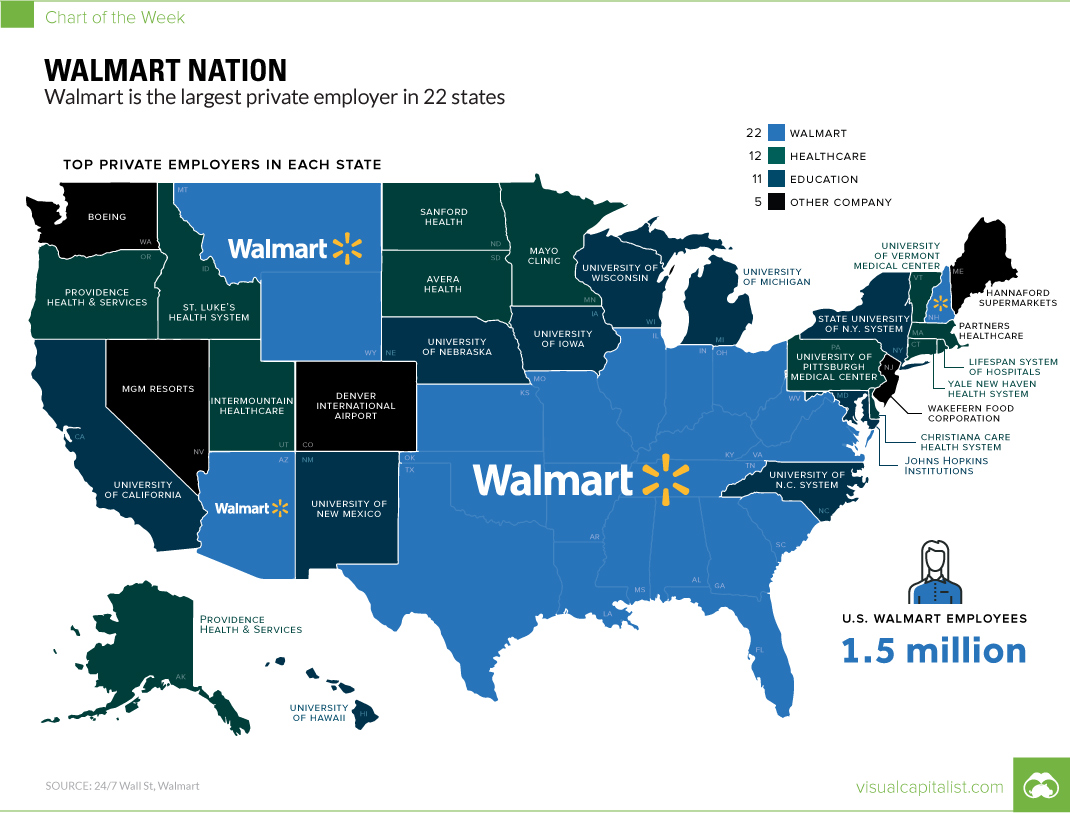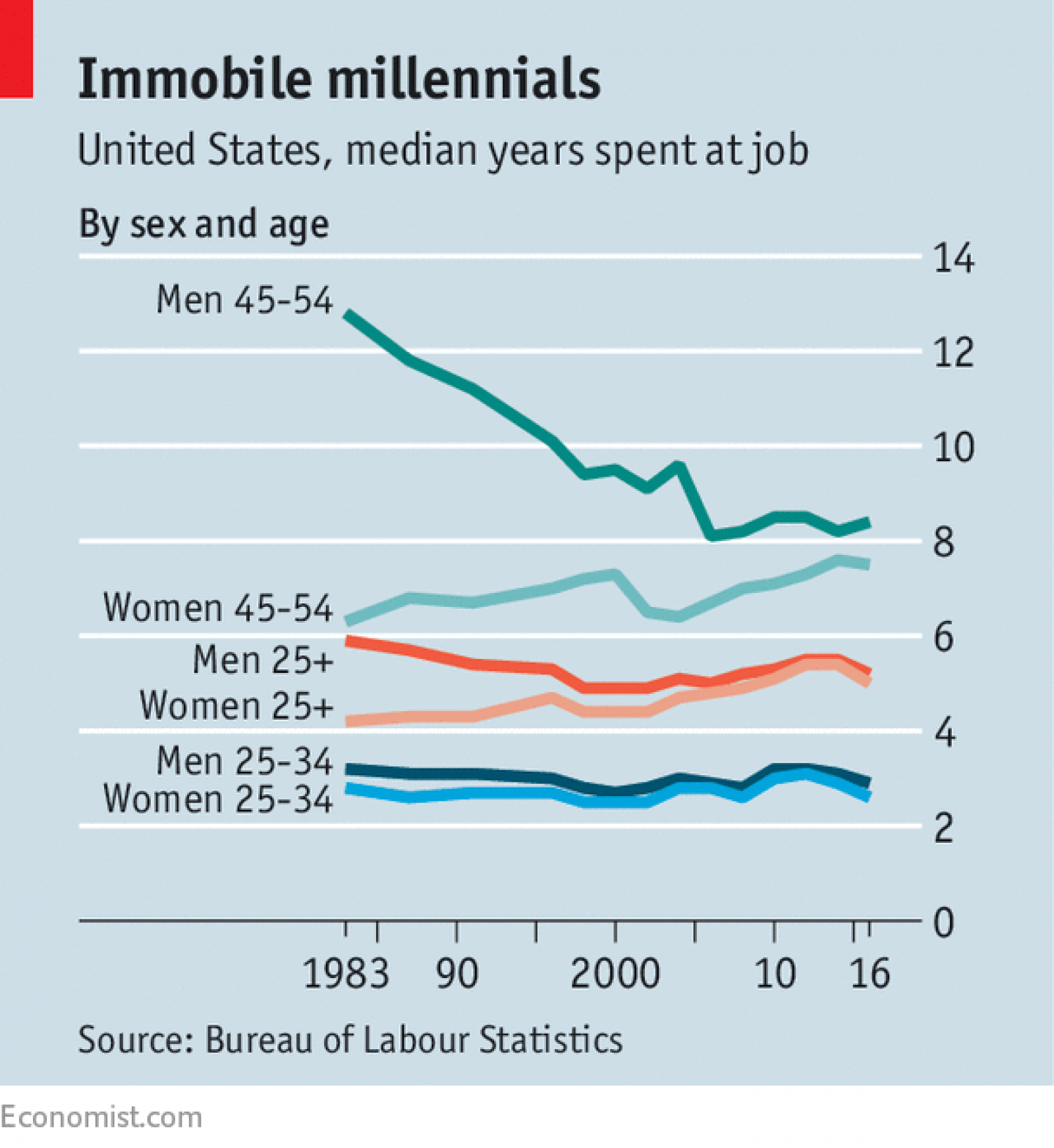Code words for 'Get ready for some layoffs', ranked
Big news on the corporate M&A front announced this morning with the news that Disney has reached an agreement to acquire substantial portions of the Fox media empire (including Twentieth Century Fox film and TV studios, a bunch of cable and international TV businesses), for approximately $52.4B in Disney stock.
While most of the coverage I read and heard this morning focused on the business and content strategy implications of the deal (basically these assets strengthen and augment Disney's content inventory for their eventual direct to consumer streaming service which will compete with Netflix), less attention was given to the inevitable 'people' costs of these kinds of transactions. Namely, the almost certain reductions in headcounts from the newly combined (and larger) entity as execs look for ways to try and pay for the huge acquisition cost, and wring more profit and efficiency from the combined entity.
And the fun part (it is not really fun, I am being sarcastic), is that when the 'people' issues are discussed in these M&A deals the word 'layoffs' is never, ever used. No, we get other, less direct and more corporate-speak words and phrases that more or less try to mask what is really going to happen to a whole bunch of people that through no fault of their own become part of the costs (ironically savings to the corporation), of these transactions. This topic will always resonate with me because a few years back I was caught on the wrong side of one of these transactions myself.
In that light then, I present my unscientific, unresearched, incomplete, subjective, and 100% accurate ranking of 'Code words for 'Get ready for some layoffs''...
5. More than one appearance in a Press Release of any of the following words - 'Nimble', 'Optimize', 'Simplify', 'Align', ''Strategic', 'Targeted', (I could keep going but you get the idea). The key is the more corporate buzzwords you see, the more you need to worry.
4. 'Refocus', 'Restructure', or for a modern spin 'Pivot to (insert something slightly different from what the company has been doing here)' - The 'Pivot to' something else one is my new favorite. Somehow most corporations equate 'trying something new' with 'get rid or everyone who was doing the old thing'
3. 'Cost savings from efficiencies' - this phrase is actually used in the Disney-Fox press release. But be certain that most of these cost savings will come from the fact that the new entity won't need separate administrative and back office functions. Running payroll for 12,000 employees isn't that much more labor intensive than running it for 9,000 employees.
2.'Rightsizing' - Ever notice that getting the company sized 'right' always means 'making the company smaller?'
1. 'Synergies'- Any time 'synergies' are mentioned anywhere in the Press Release, time to polish up your LinkedIn profile
Of course you could disagree with these rankings, but sadly, you would be wrong.
Happy Thursday. Hope you don't get M&A'ed before the holidays.

 Steve
Steve


